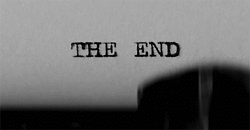
Game Over: Final Blog Entry In The Codex
The two most joyous times of the year are Christmas morning and the end of school.
-Alice Cooper
This semester has been quite a ride and I was glad to have been a part of this class. Honestly, when the semester first began I hadn’t been quite sure to expect. My perceptions of literacy were simply that of it relating to academic reading and writing and that’s about it.
But reading articles like Szwed’s piece about how literacy is more than just reading from a textbook but a tool that we can use to understand not just text from a book but the environment around us began to open my eyes to how much more complex literacy is. Literacy is everywhere and in everything we do. Literacy is not just in a textbook or in a classroom it’s in our everyday lives even when we are not intentionally picking this up. Everything is literacy and it’s not just through pen and paper/books or textbooks anymore it’s in our media, in our technology, in our clothes, or even tattooed on our skin.
Literacy is involved in the way we interact with the other people and the world and some people have more advantages than others with literacy. Whether it be their familial background, their financial stability, the environment each affects the way that we’ve interacted with literacy and have been sponsored or not sponsored to read, write, and interact with text of any kind. Literacy is connected very much with that and certain people have better advantages in having higher skills with literacy than others do. Brandt’s piece about sponsorship also really hit home with me. When I was second grade, I remember being put in the reading group which all the other students called the “slow group” or if they were being particularly mean the “stupid group”. So I really had tried to move up into another level and practiced reading the assigned book but even when I thought that I could handle the challenge of the more complicated books my teacher didn’t let me try to move up. I had made more than one attempt to get her to give me a chance but I had no luck in convincing her. So this idea of sponsorship and access is so important to me because I honestly feel that certain people have more access or sponsorship than others and that it can impact how a person views and interacts with not just literacy but I think life in general and that’s not something that we often think about but it’s important to thing that needs to be discussed more.
I’ve learned so many things about literacy but I found that I was able to express my ideas in ways that I don’t usually in other classes. I don’t talk much in a class setting mostly because I have a hard time making what I want to say sound understandable to the other person. So when we got to look at video games-something that I love and am so passionate about- and be able to examine and discuss them in class I was internally very happy because if it’s video games I could talk about for days and never shut up about them. So even though I still struggle with being able to express my opinions fully, I think that this class helped in improving my ability to look at texts and converse more fluidly among my peers especially when it came to group projects. I personally hate group projects but the fact this class really made me not hate them. They never felt forced or awkward or frustrating and I actually learned something from them. I enjoyed the freedom we had to look at topics of interest to us (like video games) and be able to express our ideas through mediums we were interested or passionate about in way that was engaging to not just the specific groups that covered those topics but also to the rest of the class when we presented and shared about those topics.
I’m really going to miss this class but I’m happy to have been able to take it, experience it, and learn from it.
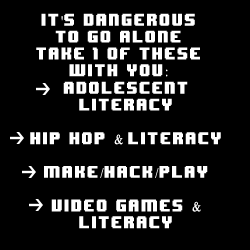
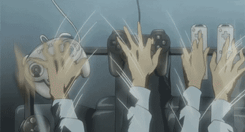
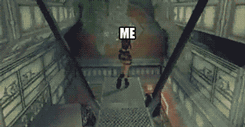
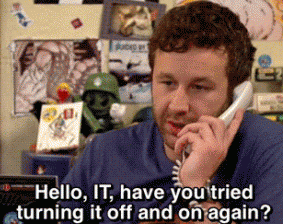

 Website:
Website: